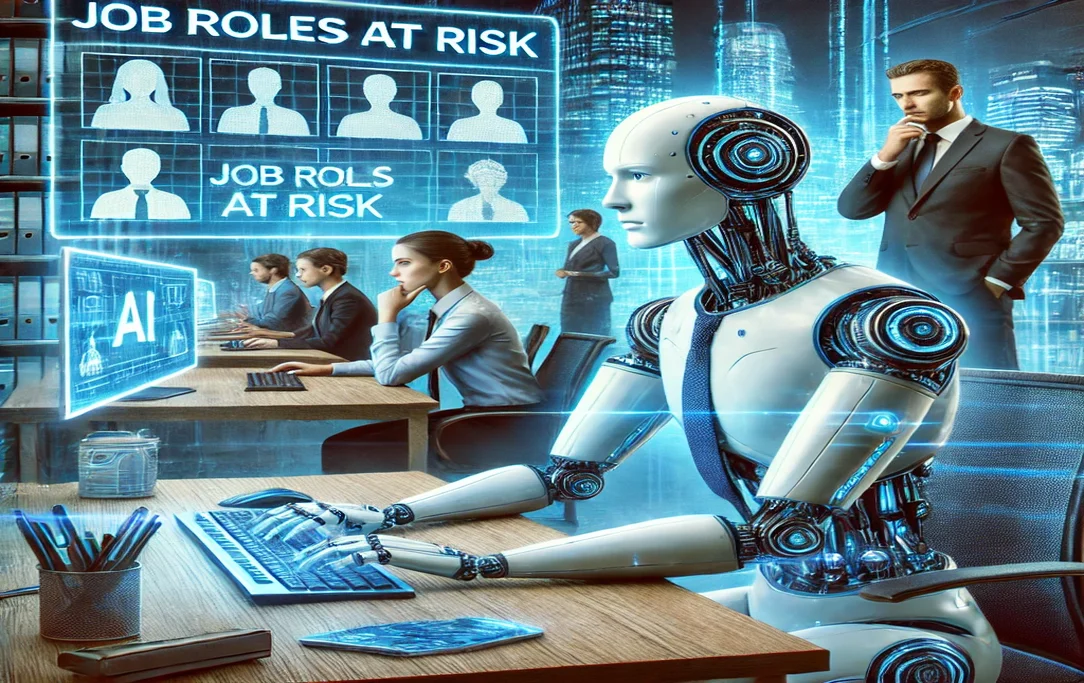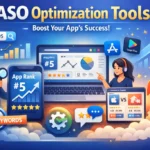Will DeepSeek Replace Your Job? 2025 Jobs at Risk

The rise of AI tools like DeepSeek – a cutting-edge artificial intelligence platform excelling in data analysis, natural language processing, and automation—has sparked both excitement and anxiety. While it promises efficiency and innovation, millions worry: “Will DeepSeek make my job obsolete?”
In this data-backed analysis, we’ll explore:
15 Jobs Most Vulnerable to DeepSeek’s Automation
5 Unexpected Careers AI Will Fuel
How to Future-Proof Your Skills
Ethical Dilemmas in the AI-Driven Workforce
Let’s separate hype from reality.
The AI Revolution: By the Numbers
Before diving into specific roles, let’s ground the conversation with data:
60% of all jobs have at least 30% automatable tasks, per McKinsey.
AI could displace 85 million jobs globally by 2025 but create 97 million new ones (World Economic Forum).
Tools like DeepSeek excel in pattern recognition, language processing, and repetitive task automation, reshaping industries from healthcare to finance.
15 Jobs at High Risk of DeepSeek Automation
1. Customer Service Representatives
Why at Risk: DeepSeek’s advanced NLP enables chatbots to handle up to 80% of routine inquiries (IBM). Major companies like Amazon and Bank of America already leverage AI to reduce call center expenses.
Vulnerable Tasks: Scripted responses, ticket routing, FAQ handling.
2. Data Entry Clerks
Why at Risk: DeepSeek automates data extraction from forms, invoices, and surveys with 99% accuracy. Platforms like UiPath and Zapier integrate AI for end-to-end workflows.
3. Content Writers (Basic Copywriting)
Why at Risk: Tools like DeepSeek Writer generate SEO blogs, product descriptions, and social media posts in seconds. However, highly creative or strategic writing still requires humans.
4. Bookkeepers and Accountants
Why at Risk: AI automates invoicing, payroll, and tax calculations. Intuit’s QuickBooks uses AI to flag financial anomalies, reducing manual audits.
5. Retail Cashiers
Why at Risk: Self-checkout systems and AI-powered stores (e.g., Amazon Go) are phasing out traditional roles. The U.S. Bureau of Labor Statistics predicts a 7% decline in cashier jobs by 2030.
6. Translators (for Common Languages)
Why at Risk: DeepSeek’s real-time translation rivals human accuracy for major languages like English, Spanish, and Mandarin. Exceptions: Niche dialects or culturally nuanced texts.
7. Telemarketers
Why at Risk: AI voice agents now make outbound sales calls, analyze customer sentiment, and adjust pitches mid-conversation.
8. Warehouse Workers
Why at Risk: Companies like Amazon and Alibaba use AI robots for sorting, packing, and inventory management. DHL reports a 25% efficiency boost with AI logistics.
9. Radiologists
Why at Risk: DeepSeek’s image recognition detects tumors, fractures, and anomalies faster than humans in some cases. However, final diagnoses still require MD oversight.
10. Paralegals
Why at Risk: AI reviews contracts, drafts legal documents, and predicts case outcomes. Law firms like Baker McKenzie use tools like Luminance to cut research time.
11. Drivers (Taxis, Trucks)
Why at Risk: Autonomous vehicles could replace 70% of trucking jobs by 2035 (MIT). Tesla and Waymo are leading the charge.
12. Bank Tellers
Why at Risk: Mobile banking apps and AI chatbots handle 90% of customer interactions (Juniper Research).
13. Journalists (Routine Reporting)
Why at Risk: AI tools like DeepSeek News draft earnings reports, sports recaps, and weather updates. The Associated Press uses AI to publish 3,700 quarterly earnings stories.
14. HR Recruiters (Initial Screening)
Why at Risk: AI screens resumes, schedules interviews, and even analyzes video interviews for tone/keyword matching.
15. Factory Assembly Workers
Why at Risk: AI-driven robots assemble products with precision 24/7. Foxconn replaced 60% of its workforce with robots in 2022.
5 Surprising Careers That Will Thrive in the DeepSeek Era
While AI disrupts many roles, it also creates new opportunities that leverage uniquely human skills:
1. AI Ethicists
Why Thriving: As DeepSeek grows, companies need experts to address bias, privacy, and transparency. Salaries range from 120kto120kto250k (Glassdoor).
Skills Needed: Ethics frameworks, regulatory compliance, bias auditing.
2. Prompt Engineers
Why Thriving: Crafting precise prompts to optimize DeepSeek’s output is a $300k/year niche (Bloomberg). Example: “Write a climate-conscious ad targeting Gen Z gamers.”
3. Emotional Intelligence (EQ) Coaches
Why Thriving: As workplaces automate, soft skills like empathy, leadership, and conflict resolution become irreplaceable. LinkedIn lists EQ as the #1 skill gap in tech.
4. Green Energy Technicians
Why Thriving: AI accelerates climate tech, creating roles in solar/wind installation, EV maintenance, and carbon capture. The U.S. plans to create 9 million green jobs by 2030.
5. AI-Augmented Healthcare Workers
Why Thriving: Nurses and doctors using DeepSeek for diagnostics spend 50% more time on patient care (NEJM Study). Roles blend human touch with AI efficiency.
How to Future-Proof Your Career: 6 Essential Skills
Master Prompt Engineering
Learn to “talk” to AI tools effectively. Courses on Coursera and Udemy saw 200% enrollment spikes in 2023.
Develop Hybrid Skills
Blend technical skills like data analysis with creative strengths such as storytelling. Example: Marketing Analyst meets AI Content Strategist.
Focus on Human-Centric Roles
Jobs requiring empathy (therapists, teachers) or physical dexterity (plumbers, electricians) are AI-resistant.
Upskill in AI Governance
Certifications in AI ethics (e.g., IEEE’s CertifAIed) prepare you to audit and regulate systems like DeepSeek.
Build a Personal Brand
Use DeepSeek to scale content creation, but differentiate yourself through unique insights or niche expertise.
Stay Agile
The average worker will need to reskill 5 times by 2030 (Microsoft). Embrace lifelong learning.
Ethical Dilemmas: Can We Trust DeepSeek with Jobs?
While AI promises progress, critical debates remain:
Bias in Hiring: Amazon scrapped an AI recruitment tool that favored male candidates. Can DeepSeek avoid similar pitfalls?
Privacy Risks: AI monitoring employee productivity (e.g., keystroke tracking) raises surveillance concerns.
Universal Basic Income (UBI): As AI displaces low-skilled jobs, should governments provide safety nets? Trials in Finland and California show mixed results.
Conclusion: Collaborate, Don’t Fear
DeepSeek isn’t here to replace humans—it’s here to augment us. The future belongs to workers who:
Adapt to AI tools.
Double Down on Uniquely Human Skills.
Advocate for Ethical AI Practices.
Start by auditing your current role: Which tasks can DeepSeek streamline? Where do you add irreplaceable value? The answer will guide your next move in the AI-powered economy.




